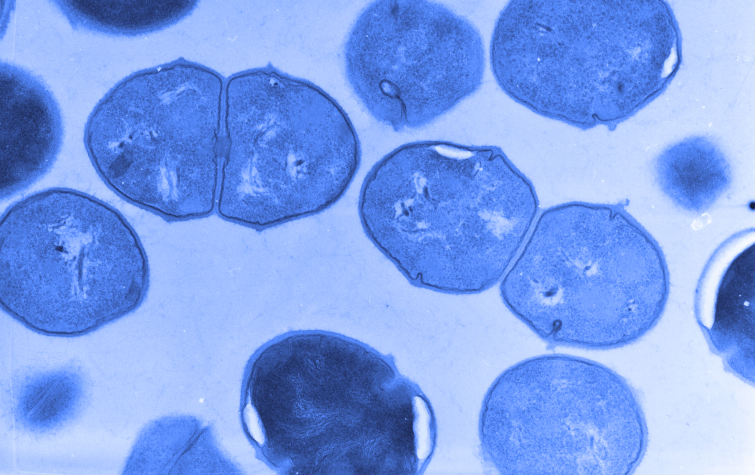
 News
News
A new mechanism used by group B Streptococcus to evade the host immune system
Pathogenic bacteria produce a number of molecules that can be recognized by the innate immune system. These molecules associated with pathogens trigger an inflammatory response by stimulating specific signaling pathways in infected immune cells. Scientists from the Institut Pasteur and the CNRS, in cooperation with the University of Massachusetts Medical School, have demonstrated that group B Streptococcus degrades one of these molecules so that it can control the inflammatory response of the infected host. These findings, published in Cell Host and Microbe on July 13, 2016, help improve our understanding of the interaction between bacteria and immune cells during the infectious process.
The innate immune system is our first line of defense during microbial infection. The initial stages of this immune response involve the recognition of specific molecules associated with these microbes. This information is then used by cells to provide a coordinated response tailored to the invading microbes so that the threat can be eliminated. However, some pathogens have developed defense mechanisms to avoid being recognized by the immune system.